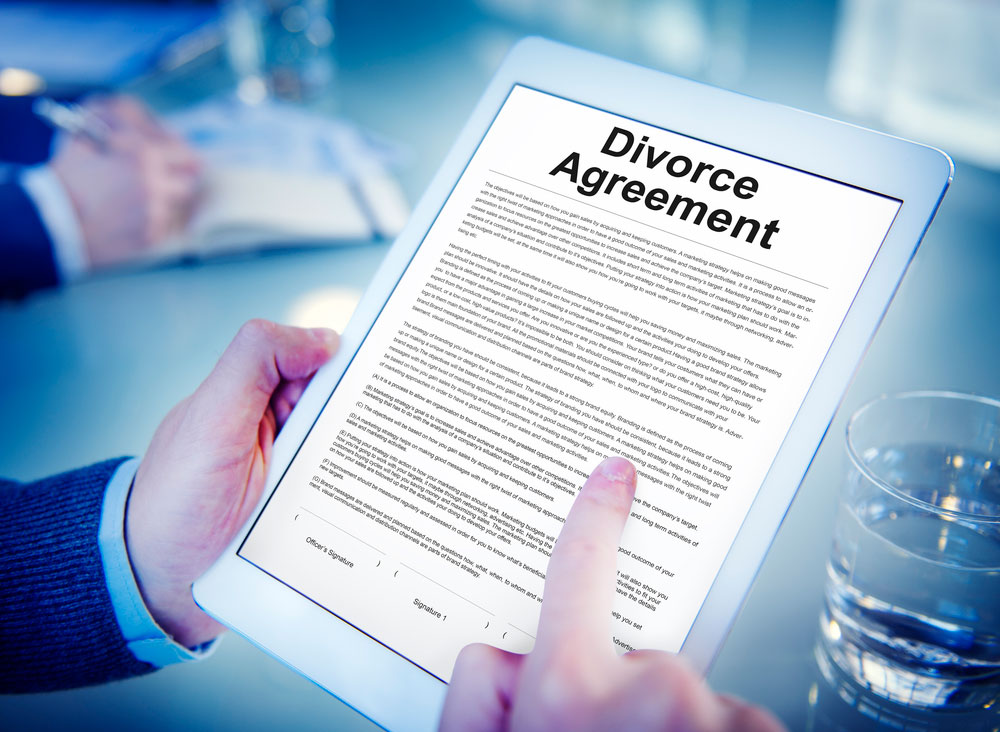 Who Gets Home Florida
Who Gets Home Florida
When a couple divorces, the court considers various factors to determine a fair distribution of property. These factors may include the duration of the marriage, the financial contributions of each spouse, the economic circumstances of each spouse, and the contributions made to the marital home. Although the court considers these factors, there is no automatic rule that entitles the wife to half of the house, especially if her name is not on the deed.
In Florida, the division of property during a divorce follows the principle of equitable distribution. This means that the court aims to divide marital assets and liabilities fairly between both spouses. The presence or absence of a spouse’s name on the deed of a house does not necessarily determine their entitlement to it.
Florida law recognizes both marital and separate property. Marital property refers to assets acquired by either spouse during the marriage, while separate property usually includes assets owned before the marriage or obtained through inheritance or gift. However, over time, separate property can become marital property if it is commingled or used for the benefit of both spouses.
Regarding the marital home, if the house was acquired during the marriage, it is typically considered marital property, regardless of whose name is on the deed. In such cases, the court may consider the non-titled spouse’s contributions to the acquisition, improvement, or maintenance of the property. This could include financial contributions, homemaking efforts, or any other direct or indirect contributions made to the marital home.
The court’s primary goal is to ensure an equitable distribution of assets and liabilities. Equitable does not necessarily mean equal, so a 50/50 division is not guaranteed. The court will weigh the relevant factors and make a determination based on what it deems fair under the circumstances.
To protect their interests and ensure a fair outcome, individuals going through a divorce in Florida should consult with an experienced divorce attorney. The attorney can provide guidance on the specific laws and precedents that may apply to their case and help negotiate a favorable settlement or present their case in court if necessary.
In conclusion, in Florida, the division of property during a divorce follows the principle of equitable distribution. The presence or absence of a spouse’s name on the deed does not automatically entitle them to half of the house. The court considers various factors, including contributions to the marital home, when determining a fair distribution of property. Seeking legal advice is essential to understand the specific circumstances and protect one’s interests during a divorce.
Florida Divorce Information
